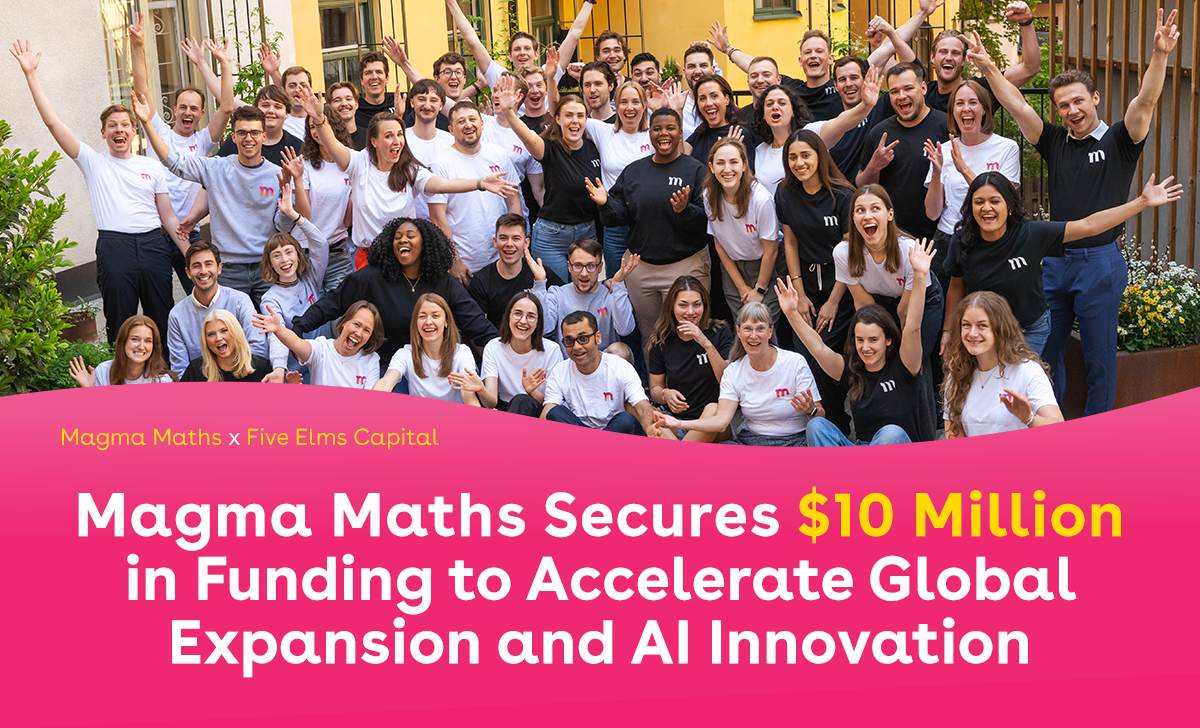First of all, I am honored to be chosen as one of the roundtable speakers and mentors at this year’s SXSW EDU conference!
The purpose of SXSW EDU is to,
“Bring together the learner, the practitioner, the entrepreneur, and the visionary to share their groundbreaking stories, tackle complex issues, and build reimagined paths forward.”
If you have any sort of affiliation or connection to the education field, you know how important it is now, more than ever, for spaces like SXSW EDU to exist. This is the first time we’ll be meeting in person since the pandemic, and also my first SXSW EDU conference. I’m nervous and excited, and mostly anticipating to be inspired, challenged, and hopefully, a catalyst for inspiring and challenging other attendees.
When we consider all that has happened since the last in-person SXSW EDU in 2020, the exposure of inequities in access to resources, the spotlight on racial injustice, a global pandemic with remote teaching and learning, an accelerated ramp-up of new technology, and the already jarring statistics about how behind we are in mathematics – it’s more important than ever to have a space where students’ and educators’ voices are elevated and where innovative minds are given the room to jointly stake out a better path ahead.
At SXSW EDU I’ll be speaking at a roundtable on Online Education & Equity, specifically from the perspective of working here at Magma and the 8 years of conversations I’ve had with math educators, administrators, and students. We all know we can do better when it comes to serving all our students - but how do we start? Where do we begin?
From my recent conversations with leaders in the math and digital equity space on the Math Matters! podcast, it’s clear that the issues we are addressing at Magma are not new ones, but potentially more pressing than ever:
- By consistently depriving students of being able to achieve their fullest potential, especially in mathematics, which we know is one of the clearest indicators of future career success, we are feeding into the income wage gap. According to a study done by Ogilvy, “30 percent of Americans have such an aversion to math that they'd rather clean a bathroom than solve one.”
- Student voice isn’t prioritized as much as we hope for it to be, so it’s hard to encourage learners to take ownership when they feel that they aren’t being heard
- Pair that with the challenges educators are facing on a daily basis, trying to create an engaging math classroom whether virtually or in-person, and it’s no wonder that our educators are suffering from burnout like they never have before
- Administrators are working tirelessly around the clock to make sure their staff are taken care of, the parents and the community are satisfied, and that their students are still somehow learning and have hopefully not fallen too far behind
Considering the full magnitude of these challenges, the task at hand to reform education can truly feel like an impossible feat.
But to end on a positive note and reiterate the fantastic opportunity we have at SXSW EDU, I echo the sentiments of one of my heroes, Dr. Robert Berry, who said,
“We have to think of mathematics as community work.”
And so, community, I hope you’ll meet us at SXSW EDU whether at the roundtable discussions, mentorship sessions with me or my colleagues Katherine Bazley and Arvid Gillijam, or even if you aren't planning to attend SXSW, that you’d be willing to book a meeting with one of us at Magma Math to talk about how we can make math a community work, and enhance students’ learning experiences in mathematics to be one that elevates their voice.




.png)





